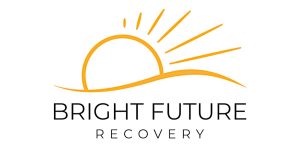Find Drug & Alcohol Treatment Services in Oakland, CA
Oakland, California is a large city located in Alameda County. In 2020, the city’s population was 440,646, however, it is part of the San Francisco-Berkley-Oakland metropolitan area which is home to more than four million residents. Oakland is the third largest city in the California Bay Area and the largest in the East Bay Area. It is home to the busy port in Northern California, Port of Oakland.
Like other California cities, Oakland has its share of drug and alcohol problems. While Alameda County does have fewer drug-related deaths than about half of the other counties in the state, the county’s total number of deaths continues to rise. Opioid drugs are the most abused substance in Oakland, but alcohol, methamphetamines, and marijuana are also major problems in the area.
Fortunately, as such a large metropolitan area, Oakland and its surrounding cities have many resources, drug and alcohol treatment centers, and all kinds of addiction programs to help those residents who struggle with addiction.
Drug and Alcohol Detox in Oakland, CA
Alameda County is home to numerous different rehab centers, some are exclusive, luxury treatment centers that you may think of first for the area. However, there are many treatment centers available for Oakland residents that will fit any budget.
The first step toward recovery is the detoxification process. This is the process in which your body eliminates drugs and alcohol from its system. During detox, you will experience withdrawal symptoms because your body and brain have become accustomed to functioning with drugs in them. Abruptly removing them causes a recalibration to adapt to working without them, and this causes some unpleasant symptoms. For some substances, especially alcohol, the withdrawal symptoms can be more than just uncomfortable, they can be dangerous, and even life-threatening.
That’s why a medically supervised detox program is always in your best interest. You will receive around-the-clock monitoring and support, and should any medical complications arise, you will receive immediate attention. Going to a detox program rather than attempting to detox alone at home is safer and more comfortable.
After completing detox, you will have to decide whether you will continue on to an outpatient or inpatient treatment program. Detox alone is not enough to stay clean and sober. In an outpatient or inpatient program, you will receive the education, therapy, psychological and psychiatric care, coping skills, relapse prevention techniques, and aftercare that you need for long-lasting recovery.
Should I Travel for Addiction Treatment?
While many people who go to drug and alcohol treatment do so close to their homes, there are some benefits to looking a little further away to find a treatment program. Traveling for addiction treatment may be beneficial to you for the following reasons:
- More options – Just because a rehab center is close to where you live, it doesn’t mean that it’s the right fit for your needs. Looking outside of your city limits gives you many more options.
- Fresh start – The feeling of starting over with a blank slate is often a good mindset for people beginning addiction recovery. Being away from home can instill this sense of renewal.
- More likely to complete program – It isn’t as easy to walk away from treatment when you are in another city or state.
- Added privacy – People in high-profile professions may prefer the extra layer of privacy that distance provides.
Going to treatment in another location may be a good option for you if you identify with any of the above reasons. If it’s feasible, it’s worth considering.
Choosing the Right Addiction Treatment Center
It’s important to find a drug and alcohol treatment center that is a good fit for your individual needs. Your comfort and security are crucial to successful treatment. There are various factors to consider as you decide which treatment center to attend, including:
- Location – Will you travel for treatment, or stay close to home?
- Level of care – Are you going to go to outpatient or inpatient treatment?
- Cost – What is your budget for treatment? Will your health insurance provide coverage for your treatment?
- Specialized treatments – Do you need treatment for co-occurring disorders? Are you looking for therapies like adventure therapy, art and music therapy, or others?
- Amenities – Are you prepared to pay more for amenities like a private room, gourmet meals, acupuncture, etc.?
Some addiction treatment centers focus on specific populations of people, such as men only, women only, older adults, teens, Christian, and others. If you would be more comfortable in a group like this, you can narrow your search down based on that.
How Much Does Rehab Cost in Oakland, CA?
The cost of addiction treatment is often a concern for those individuals who seek help. However, it’s hard to pin down an exact amount because costs of a rehab program vary widely depending on various factors. Some drug and alcohol treatment centers in California are completely free, others are low-cost, and still others are at the other end of the spectrum and are very expensive. Essentially, the price of rehab depends on the location of the treatment center, how long the program is, and what’s included in the treatment. That doesn’t mean that a lower-priced treatment program won’t be as successful, it just means that if you attend a facility that overlooks the beach and offers gourmet meals, you should expect to pay significantly more.
How Do I Pay for Rehab in Oakland, CA?
Thanks to the Affordable Care Act, addiction treatment and mental health services are at least partially covered by healthcare insurance, and that’s the way that many people cover the costs of rehab. Some insurance plans even cover the complete cost. To figure out what your exact coverage is, you can contact your insurance provider and ask about your individual plan benefits. Alternatively, the rehab center can do a benefits check for you to find out.
What if I Don’t Have Insurance Coverage for Rehab?
People who don’t have healthcare insurance can still get help for their addictions. If you fall into this category, don’t despair. There are free and low-cost drug and alcohol treatment programs in Oakland and surrounding areas. It may take a bit longer to get a spot in these rehabs, but waiting is better than not going at all, and they do provide all of the important treatments and therapies to help you break your cycle of addiction.
Other options for those who don’t have medical insurance include asking the treatment center if they offer scholarships or financial aid, or if they have a sliding scale for fess based on income. You can also request a payment plan if they offer that for self-paying clients. Applying for a bank loan to cover costs is another possibility, as is asking supportive friends and family members if they will help you financially.

When it comes to addiction treatment and recovery, Bright Future Recovery’s team delivers beyond expectation.







